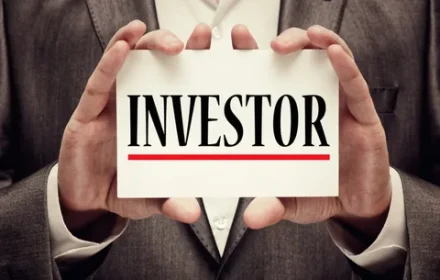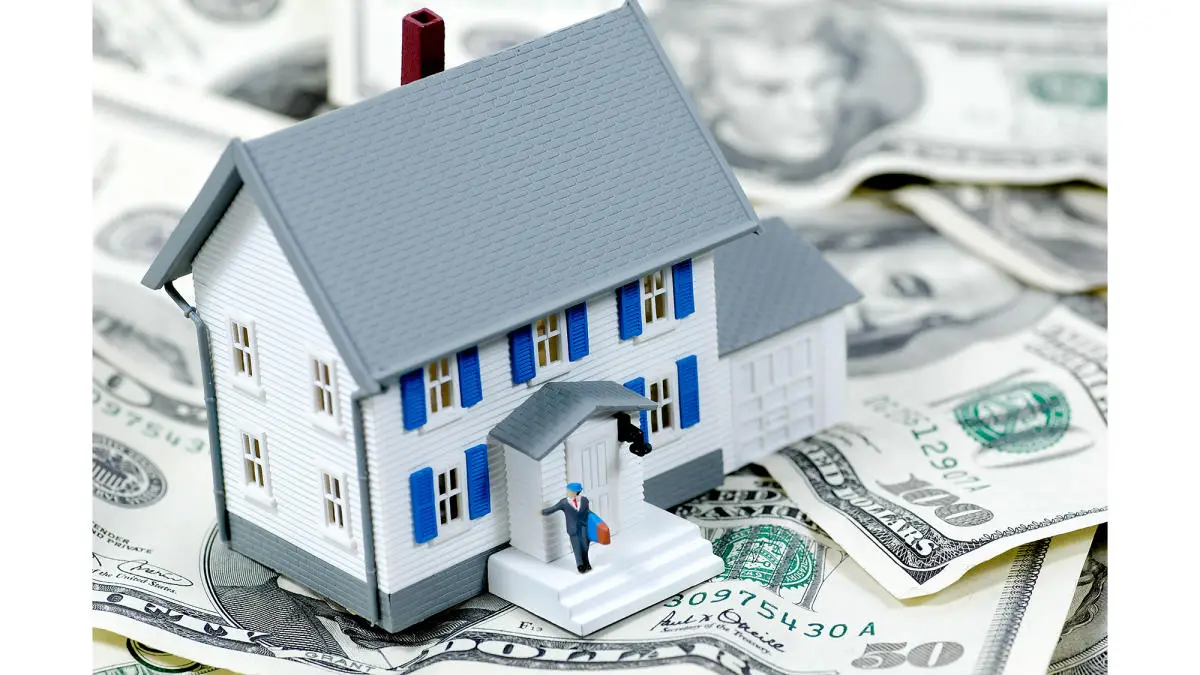Real estate market abroad in 2025 continues to demonstrate stability and prospects for investors. To meet expectations, it is necessary to take into account current trends, legislative aspects, and market specifics. In the article, we will discuss how to invest in foreign real estate, which countries are the most promising, and what else to pay attention to.
## Why foreign investments remain promising?

Investing in overseas properties is traditionally considered one of the most reliable ways to preserve and increase capital. In 2025, the key factors determining the popularity of this approach are:
1. **Long-term stability.** Unlike the stock market or cryptocurrencies, real estate is less susceptible to sharp price fluctuations. This makes it a preferred asset for those seeking stability.
2. **Globalization tool.** Buying property in another country allows investors to adapt to new realities of the international market, especially in the face of changing economic boundaries.
3. **Incentives and bonuses.** In many countries such as Portugal, Spain, and Greece, acquiring a property above a certain amount grants access to residency or even citizenship programs.
Investors also consider additional benefits such as the opportunity to rent out foreign properties, creating a regular income stream, and the potential for square meter price growth. This is especially relevant for resort areas and metropolises with developing infrastructure.
## Which countries to choose for investments in 2025?
Each country offers its advantages and challenges for investors. Real estate markets in different regions of the world vary in terms of profitability, legislative peculiarities, and available programs for foreign buyers looking to invest in property.
### Spain and Portugal: European quality standard
These countries remain leaders due to a combination of affordable housing prices, comfortable climate, and developed infrastructure. The average cost of residential property in Spain ranges from €2,500 to €5,000 per square meter, depending on the region. In Portugal, “golden visa” programs continue to attract investors, allowing citizenship to be obtained five years after purchasing an apartment or house starting from €500,000.
### USA: high-yield and stable market
Investing in residential and commercial properties in cities like New York, Los Angeles, or Miami guarantees not only stable rental income but also high appreciation of property values. The price per square meter in these metropolises reaches $8,000–$12,000, but for major investors, this is an ideal opportunity to enter the global market.
### Asia: rapidly developing markets
Singapore and Thailand stand out as promising destinations in Asia. The city-state offers a stable market with a yield of 3–5%, while the Kingdom of Siam leads in rental income from resort properties (up to 10%).
### UAE: a new horizon for elite investors
Dubai and Abu Dhabi demonstrate favorable conditions for buyers. To obtain residency, it is sufficient to invest $205,000. Renting apartments in Dubai yields up to 8% annually, and property values steadily rise due to the influx of tourists and infrastructure development.
## Algorithm: how to invest in foreign real estate
Before deciding to invest in foreign real estate, thorough preparation and detailed understanding of how to do it are required. The right approach helps not only to avoid mistakes but also to maximize the potential of the property.
### Analysis: the first and most important step
Before proceeding with the purchase of a property, it is essential to conduct in-depth market analysis of the country where the investment is planned. This stage includes studying aspects such as:
1. **Tax policy:** It is important to understand the taxes on property purchase and ownership set in the chosen country. For example, in Spain, the purchase commission ranges from 8% to 10%, while in Dubai, buyers pay fees of around 4%.
2. **Economic prospects of the region:** Countries with growing economies generally offer higher returns. Singapore demonstrates stable real estate market growth due to its strategic location and developed logistics.
3. **Infrastructure development:** The proximity of the property to transportation hubs, schools, hospitals, and commercial centers significantly affects its value and liquidity.
### Choosing a reliable partner: professionals ensure success
One of the key factors in the decision-making process on how to invest in foreign real estate is choosing a reliable agent and lawyer. Professionals help reduce risks and simplify the transaction process. It is recommended to:
– Work with agents licensed and specialized in the market of the chosen country.
– Check the company’s reputation by reviewing feedback and portfolio. For example, agencies operating in the UAE often provide a full range of services, including assistance with visa acquisition.
### Legal check: protection against surprises
Before signing a contract, it is crucial to conduct a property check. This helps avoid unpleasant surprises such as debts or encumbrances. At this stage, the following is verified:
– Legality of the seller’s ownership of the property.
– Absence of debts for utilities or taxes.
– Consistency of the actual property characteristics with those stated in the documents (area, condition, infrastructure).
### Financial planning: accounting for all expenses
When budgeting for purchasing square meters abroad, it is essential to consider not only the property price but also additional expenses. These include:
1. **Purchase taxes:** For example, in France, this fee is about 5%, while in Germany, it ranges from 3.5% to 6.5%.
2. **Notary fees:** The cost of notary services depends on the country but is usually 1–2% of the transaction amount.
3. **Annual property taxes:** In some countries, fees depend on the property price. For instance, in Spain, they range from 0.4% to 1.1%.
Additionally, it is important to consider possible expenses for repairs, maintenance, and insurance of the apartment or house.
### Completing the deal: from selection to registration
The final stage is signing the purchase agreement. It is crucial to comply with all laws of the country where the transaction takes place. For example:
– In the UK, the process involves registration in the Land Registry.
– In the UAE, foreigners can only buy property in designated zones (Freehold Zones).
After signing the contract, the remaining amount must be paid, taxes settled, and the property registered in the buyer’s name.
## Risks and how to avoid them to invest wisely in foreign real estate
Purchasing property abroad involves certain risks that should be considered in advance. Understanding potential difficulties helps minimize them and make the process as safe as possible.
### Currency fluctuations: how they affect investments
Changes in currency exchange rates can significantly impact the overall transaction cost. For example, if you buy property in euros but earn income in rubles, price fluctuations can make the investment less profitable. To avoid this, it is recommended to:
– Use currency accounts to store funds.
– Conduct transactions in a stable currency, such as euros or dollars.
### Legislative changes: adapting to new conditions
Individual countries may change rules for foreign buyers. For example, in 2023, Portugal tightened the conditions of the “golden visa” program, which came as a surprise to investors. To avoid getting into a complex situation, it is necessary to:

– Stay updated on legislative news.
– Consult with lawyers specializing in international law.
## Conclusion
Investing in foreign real estate in 2025 is attractive for both capital preservation and income generation. The key is to carefully choose the country, property, and investment strategy. Europe offers stability, the USA offers prestige, Asia offers growth, and the UAE offers prospects for elite investors. Proper risk assessment and a professional approach will ensure investment success.
 en
en  de
de  ar
ar  es
es  nl
nl  hi
hi  fr
fr  it
it  pt
pt  el
el 









